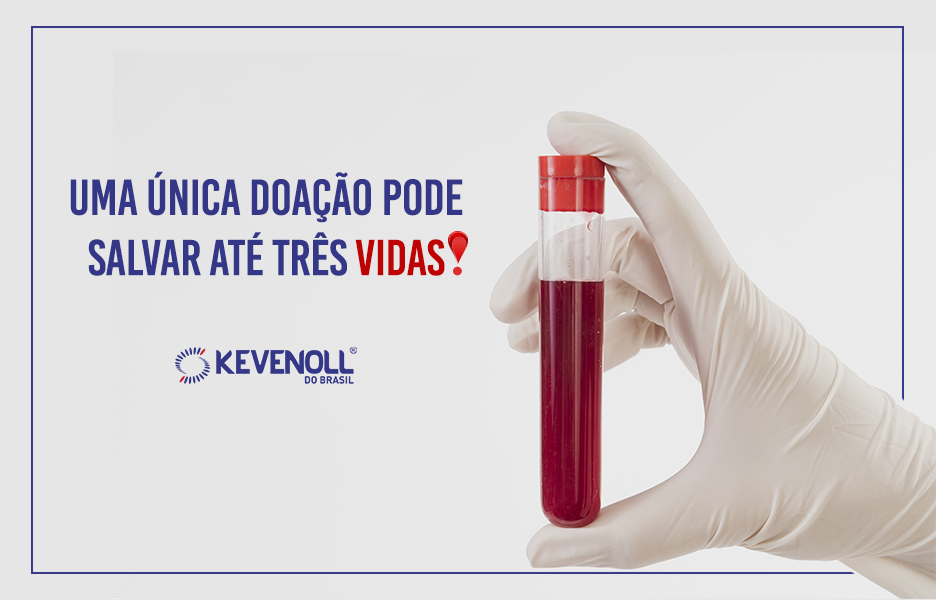Today, June 14, the World Blood Donor Day is celebrated according to the Pan American Health Organization/World Health Organization (PAHO/WHO). The date aims to raise awareness and encourage the population about the importance of voluntary blood donation.
Blood has no industrial substitute, and it is only possible to acquire it through donors. With just one donation, it is possible to save up to three lives, besides being a simple, fast and painless process.
What requirements to be a donor?
- Have a minimum age of 16 years and a maximum of 69 years years;
- Weigh at least 50kg;
- Having slept at least 6 hours in the last 24 hours;
- Do not drink alcohol in 24 hours preceding the donation;
- Be in good health, without flu, cold or fever for at least 7 days;
- Not being in a period of pregnancy or breastfeeding;
- Not having a tattoo or piercing in the last 6 months (piercing the mouth or genitalia definitely prevents the donation);
- Not having used injectable drugs;
- Not having visited regions where there is an outbreak of yellow fever in the last four weeks;
- Not having had sexual intercourse in which you had risk of sexually transmitted diseases in the last 12 months.
Guidelines after donation:
- 15-minute rest to avoid malaise;
- Drinking plenty of liquid;
- Avoid excessive physical exertion for 12 hours, especially with the arm used in the donation;
- If you have fever, diarrhea or other symptoms of infectious disease up to seven days after donation, immediately inform the Bank of blood;
- Frequency of donations:
Men every 02 months and a maximum of 04 per year;
Women every 03 months and a maximum of 03 per year.
Other frequently asked questions:
– Donating blood does not alter the donor’s blood;
– It is not necessary to be in fasting to donate. A light meal is recommended three hours before donation.
– The menstrual period is not prevents blood donation;
– To donate it is necessary present original id with photo, such as RG, RNE, Passport, Work Card or Driver’s License;

